Gran Meccanismo: Clockpunk Roleplaying In Da Vinci’s Florence | First Impressions
September 8, 2022 by brennon
Osprey Games has recently released a brand new roleplaying game with a bit of a twist. One of the nice things about their range is that they often introduce new and very different concepts to the tabletop and that is certainly the case with Mark Galeotti's Gran Meccanismo: Clockpunk Roleplaying In Da Vinci's Florence.
The roleplaying game, available right now from their webstore, introduces an alternative history of Florence and the time of Da Vinci. A time of political intrigue and one where the dreams of Da Vinci have become reality.
The Background To Gran Meccanismo
Gran Meccanismo is set around the 16th Century (and more specifically around the early 1500s) where the work of Da Vinci has become part of everyday life. Rather than turning his talented eye to artwork, frescos and sketches that only ruminate on the future, Da Vinci has instead been embraced and unleashed.
This is now a world full of his wonderous creations like gliders, turtle-tanks, screwcopters and even clockwork automata. However, despite this era of Gran Meccanismo being one that is full of enlightenment and artistic pursuits, it is also one of backstabbing, political intrigue and money-hungry nobles. The inventions and glories of Da Vinci are sought by all and that invokes some interesting avenues for storytelling and adventure.
As I was flicking through the book I was immediately taken by the way that Mark Galleoti and Teresa Ramos (the artist) have done some amazing work on bringing this world to life and almost offering up a slightly uncanny and sideways glance at Florence and this period of history. Through discussion on history and where it has been changed, Galleoti has put together a fascinating look at a slice of life in 16th Century Florence and Europe at large. All of this happens through the lens of something a little bit quirky.
Calling the game "Clockpunk" is apt because Gran Meccanismo takes a lot from Cyberpunk. You have massive noble families in place of huge corporations and strange creations that are allowing people to "go beyond". Clockwork limbs in place of electronic ones and clicking automata instead of ones powered by micro-computers. You, therefore, take on the role of those that have become immersed in this world and either spat out the other side of it (probably into a sewer) or risen to the top, embracing the benefits of this alternative history.
Gran Meccanismo offers that to you whilst also tying in everything that you've enjoyed about the real, Historical events of the Renaissance and beyond, You have the dastardly Borgia-style foes pulling strings behind the scenes, the Church and faith leaders from Rome seeking to plant their claim on the lives of the populace and military clashes with those further afield in North Africa, the Middle East and the West of Europe.
All of this comes together to be at once familiar but with a little twist. You'll have a very good jumping-off point with Gran Meccanismo, using our own reality to inform your decisions, but then soon get swept off your feet and deep into this alternative history.
The Mechanics Of Gran Meccanismo
Gran Meccanismo is based on Graham Spearing's TRIPOD system - Traits In Pools Of Dice. To that end, the core mechanics of Gran Meccanismo are ones that a little bit more free-flowing than other roleplaying games. The system moves away from charts, numbers and combinations of effects and makes things very simple and easy to play.
Pools of dice are assembled using Traits that each character has and those are rolled against a pool of dice that the Guide assembles in opposition. d6 are your dice of choice and in general four, five and six count as successes (with six counting as two successes) on a given test. The successes needed for a test are compared against a test level. So, an Easy Test can be achieved with two successes. Something Formidable by comparison would need eight successes.
Alongside that, Gran Meccanismo also uses something that I love in my roleplaying games, margins of success. This uses a sliding scale and affects you in some of the more daring pursuits that you're going to be undertaking including combat. Talking of combat, this has been refreshingly put together with there being no use of "weapons" in the traditional sense. Instead, you choose whatever you might be armed with and then decided with the Guide or through the general character creation process, what amount of dice are added to pools when you use them.
To that end, Gran Meccanismo is a game which embraces lots of daring and proper swashbuckling. Think Assassin's Creed and you'd be on the right path when it comes to the kind of gameplay you could be playing out on the tabletop. Equally, because weapons are somewhat nebulous in their description, they could equally be a quick and deadly silver tongue as often as the blade of a rapier. Sometimes the pen is mightier than the sword and there is as much intrigue and roleplaying here as action and adventure.
This is by no means an in-depth explanation of the mechanics but hopefully it provides you with an idea of the style of gameplay in Gran Meccanismo.
The Characters Of Gran Meccanismo
With all sorts of adventures waiting for you to dive into, the variety of characters you can make in Gran Meccanismo is pretty vast. You can be very freeform with the ideas (and you're encouraged to do so!) that you use when deciding on where you place your Traits.
Everyone starts with nine points to spend across three main Attributes of Body, Mind and Soul. These are used directly in challenges within gameplay so you'll want to really think about this before you dive in any deeper, perhaps tying things to your Concept and background for your character of choice.
Beyond that, you can then choose to either pick one of the many, many Archetypes that Gran Meccanismo includes as your "class" for want of a better word or you can go free form. I would personally start with the Archetypes as they are there to get you going quickly when it comes to gameplay.
Each Archetype comes with a breakdown of different Traits. So, The Artisan comes with "Good With My Hands" and the likes of "Creative" which, when applied to a particular attribute bring to mind very different things. You'll also find some ideas for Goals, Equipment and Wealth, all of which are still very abstract and fluid.
I really love this as it feels like you're creating a character with a lot of life breathed into them rather than walking numbers on a spreadsheet. Being asked to think of what a Trait "is" gets you deeper into character creation. As they say, you could choose "sword fighting" for example but that's very narrowly focused. What if instead, it was "Flashing Blade"? Suddenly you've got an evocative feel for how your character fights and it can apply to lots of different situations in a narratively interesting way!
After reading through this section I was just aching to come up with some awesome Princess Bride-esque quipster swordsman who you could imagine dashing through echoing chambers and leaping over finely wrought stonework pursued by angry guards.
Is It Worth Giving Gran Meccanismo A Go?
I really think it's worth picking this up if you have an interest in a different style of roleplaying game. The TRIPOD system is used to great effect here and properly suits the setting and the themes that Gran Meccanismo is trying to evoke at the tabletop.
The fluid and narratively focused mechanics, lack of real downtime for maths (woot!) and focus on storytelling make this a game that certainly fits into my wheelhouse. I also like that they've used a Historical touchstone of the Renaissance and Da Vinci (subjects people are pretty well aware of) and then layered this Cyberpunk-esque/Clockpunk style over top of it. It makes it easy to latch onto compared to some potentially very alien Fantasy world where you have to learn all the customs, names, places and people around you!
There is a lot to like about Gran Meccanismo and from a first impression and read of the book I could see this being perfect for one-shot affairs and also long-running campaigns, especially if you dip into the political intrigue side of things. Make it a mystery of the week dealio with an overarching plot looming in the background!
I think when it comes to marrying theme with mechanics and making it all just work, Mark Galeotti has hit the nail on the head.
Could you be tempted to dive into the world of Gran Mecanismo?
"Gran Meccanismo is based on Graham Spearing's TRIPOD system - Traits In Pools Of Dice..."
Supported by (Turn Off)
Supported by (Turn Off)
"...you could imagine dashing through echoing chambers and leaping over finely wrought stonework pursued by angry guards"
Supported by (Turn Off)





























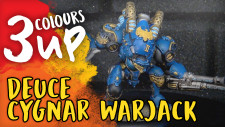

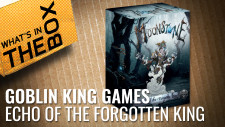
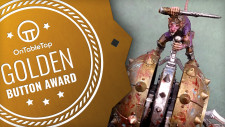


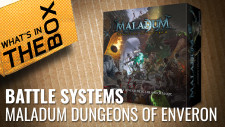





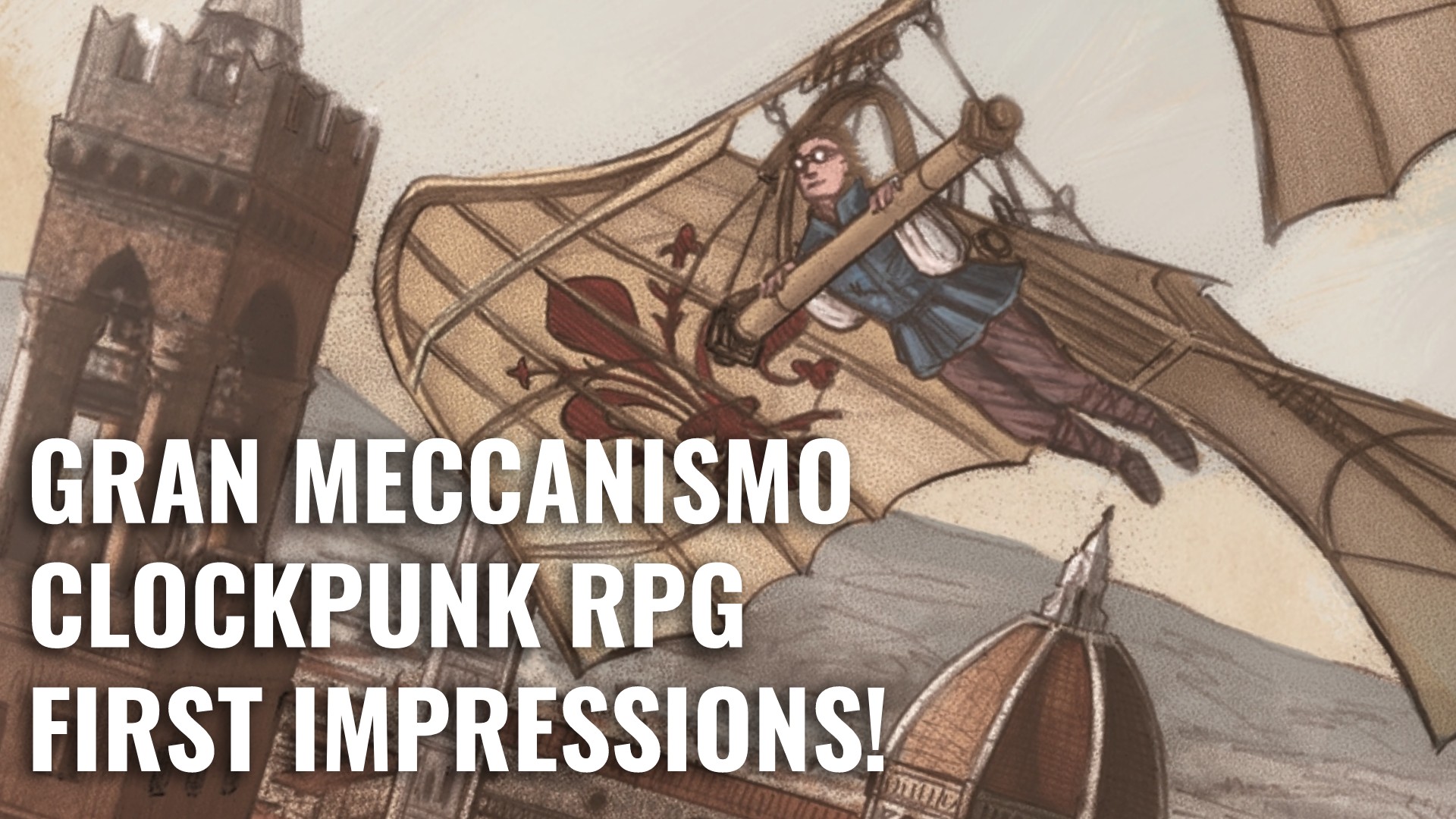

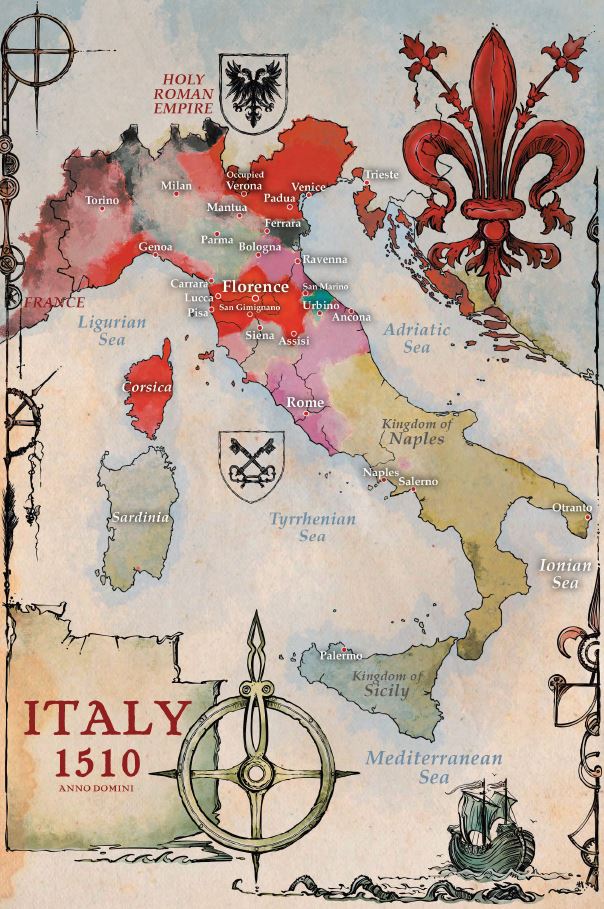
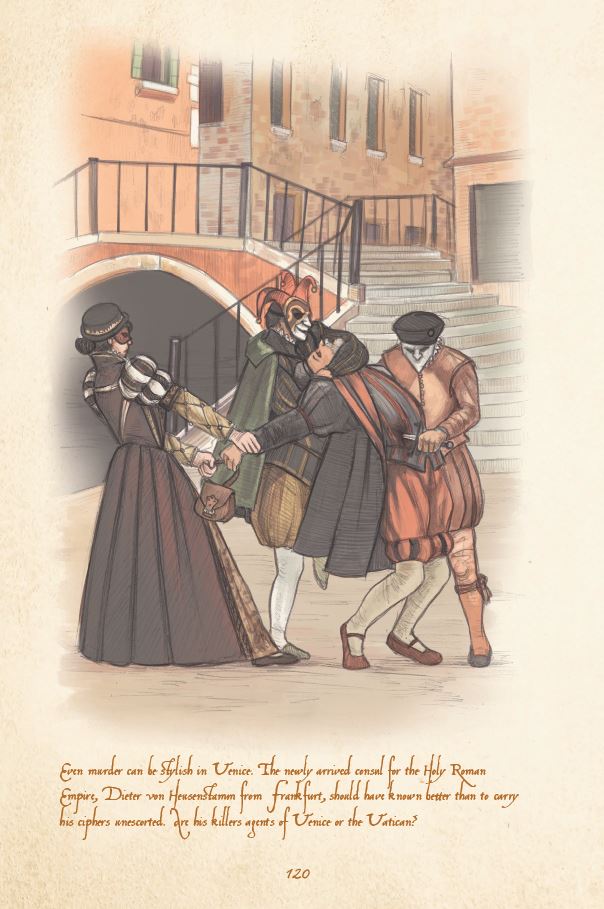
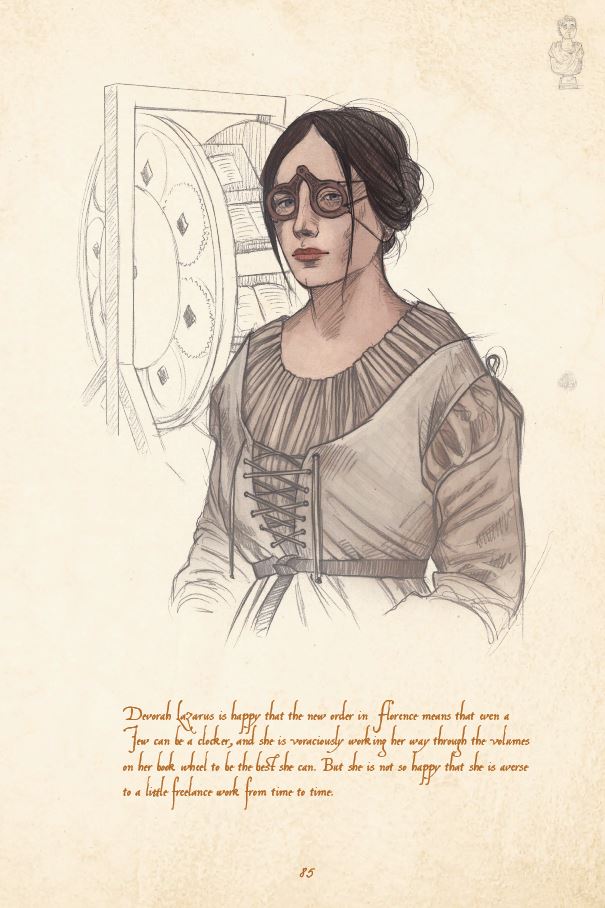
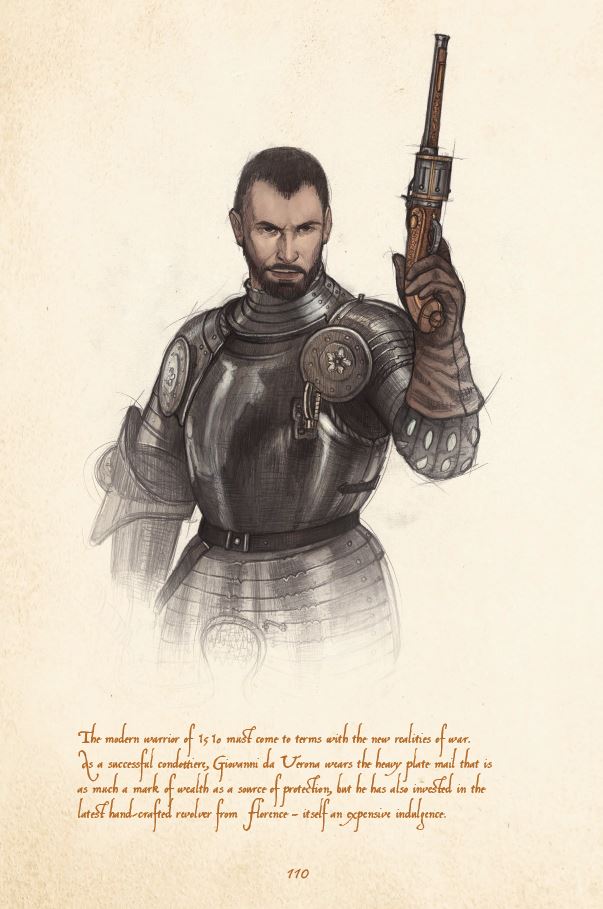
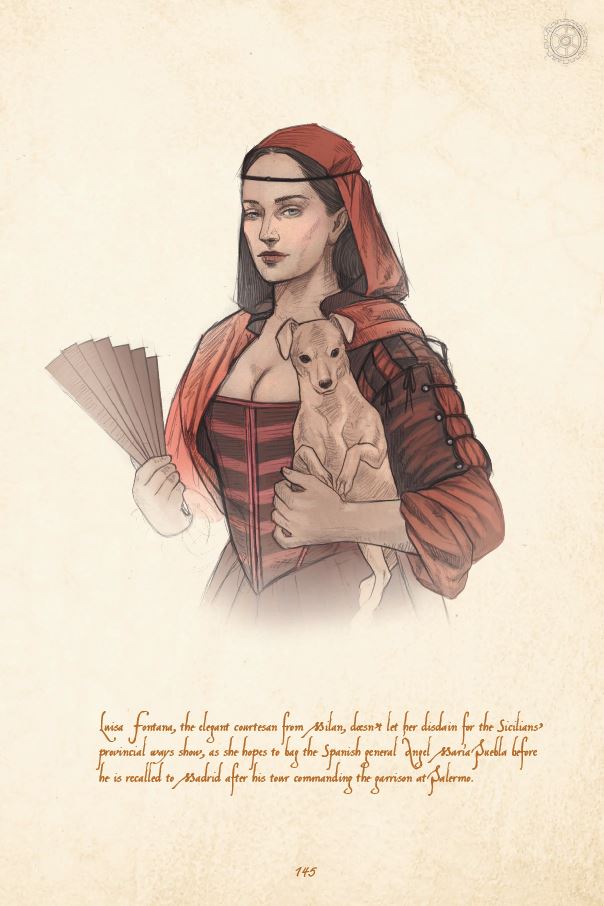
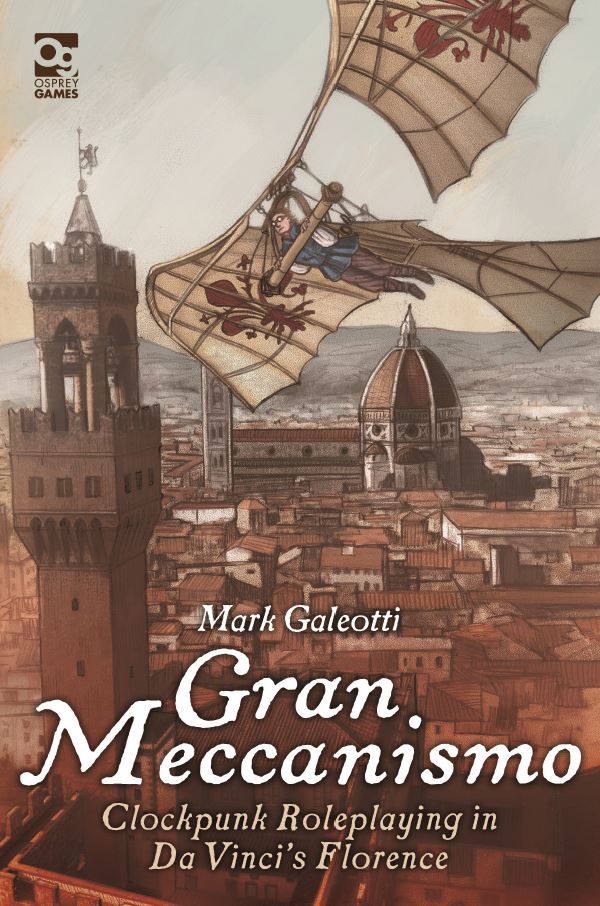


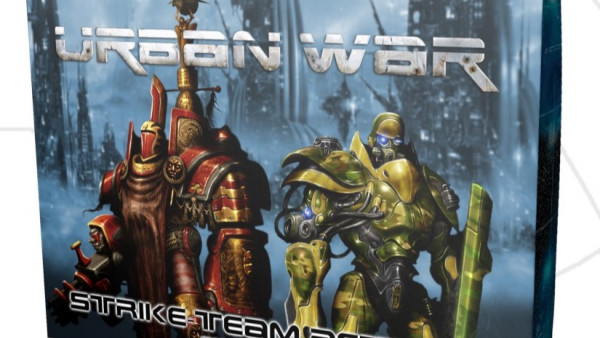
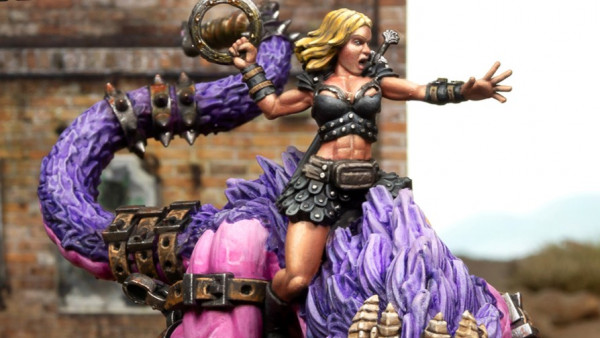
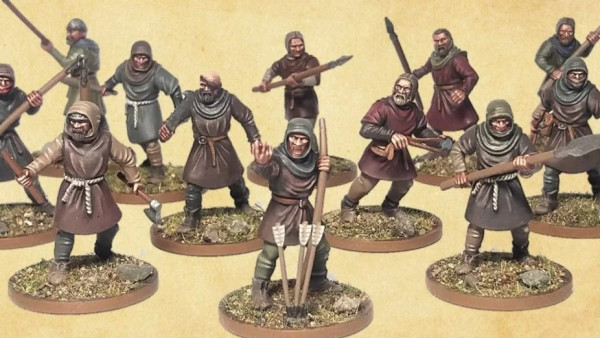
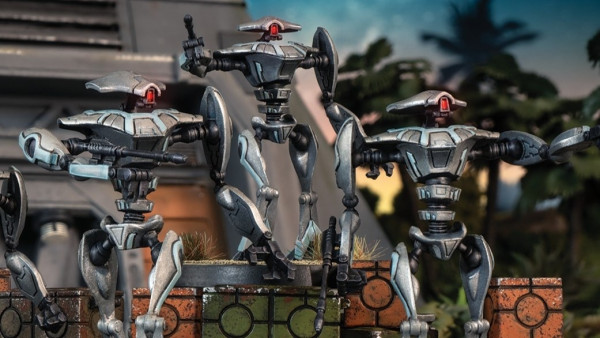
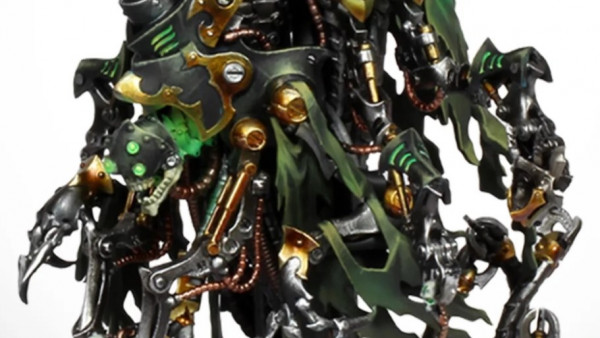


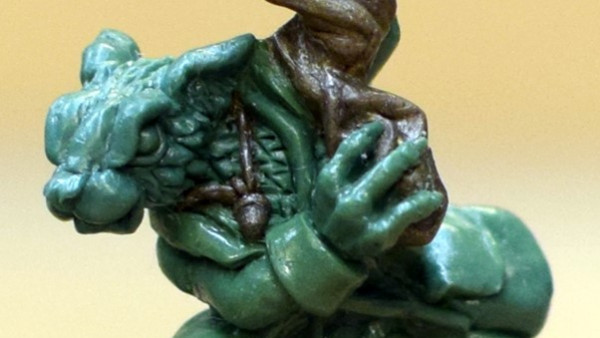
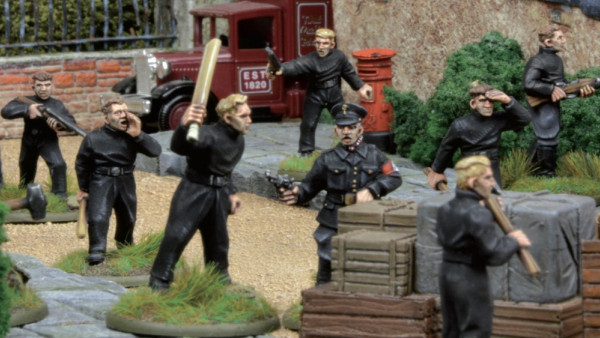
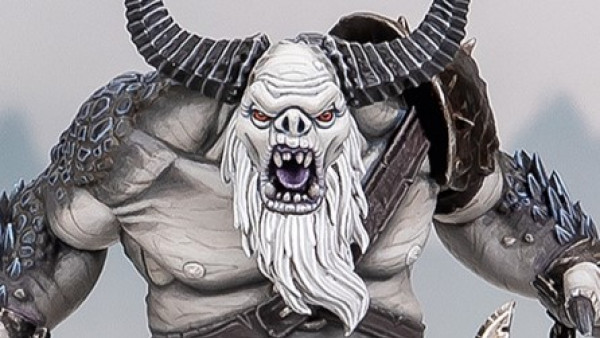
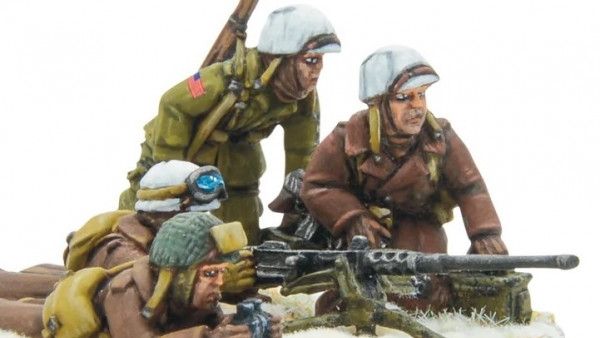
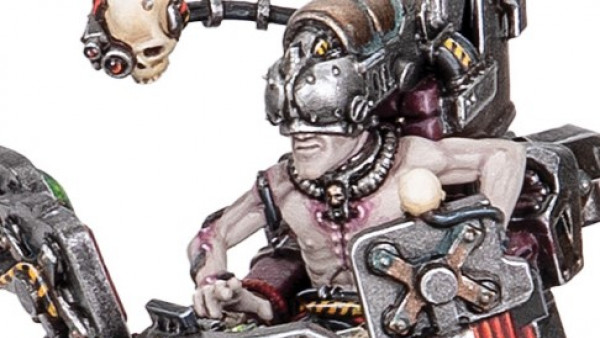
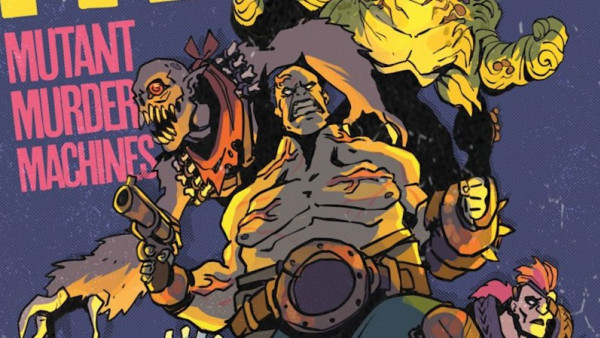
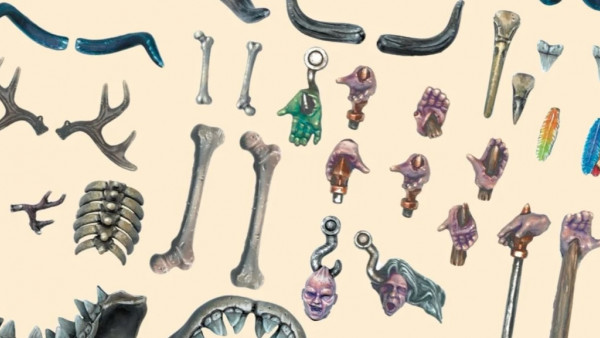

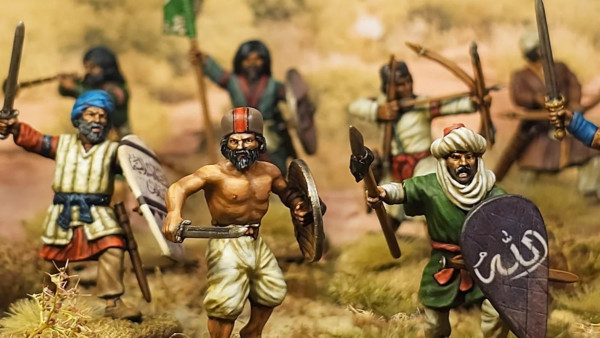


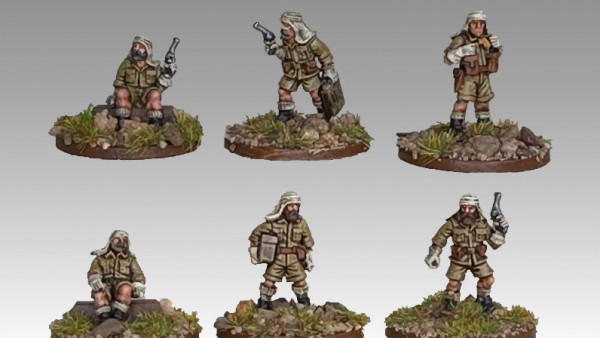
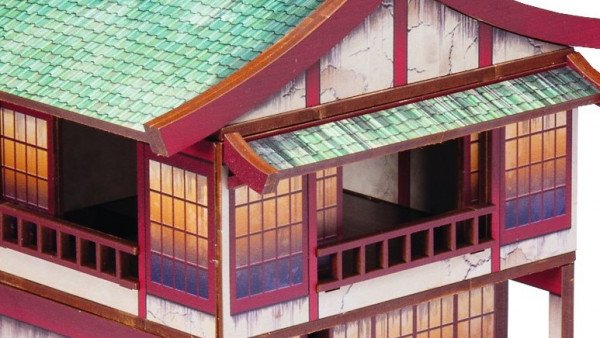
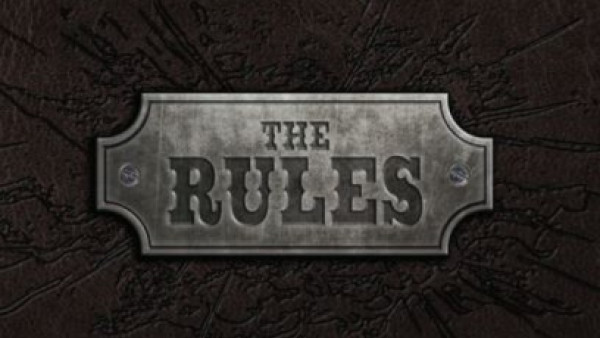
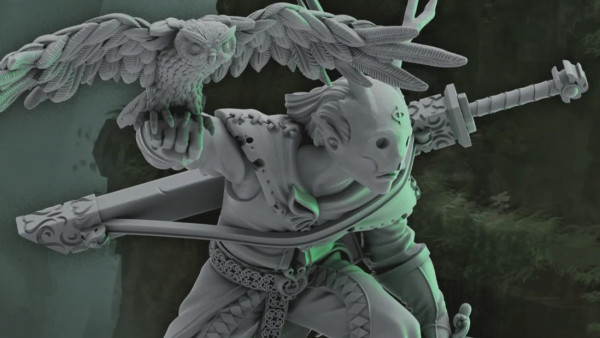
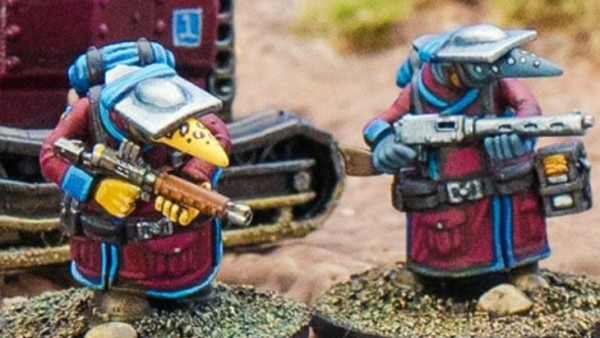
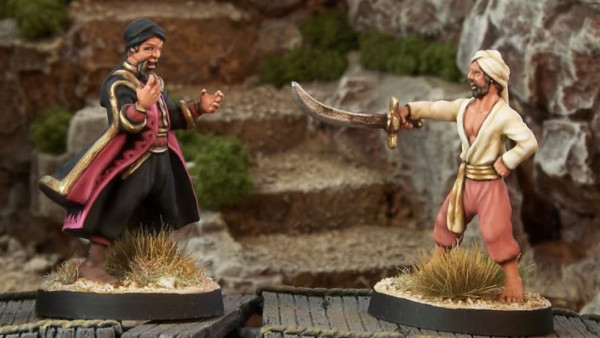
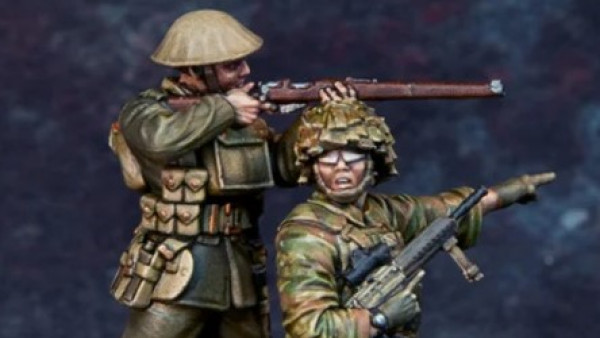
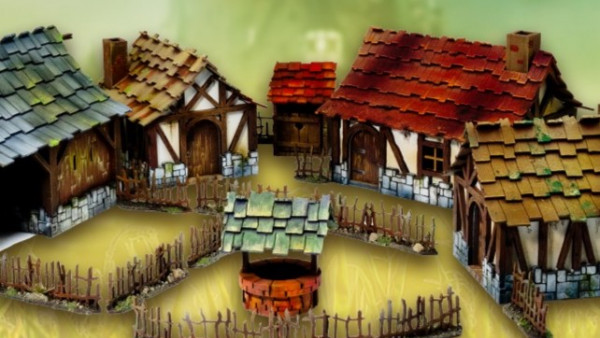
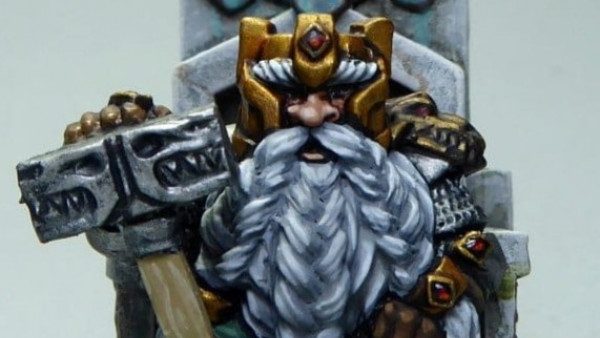
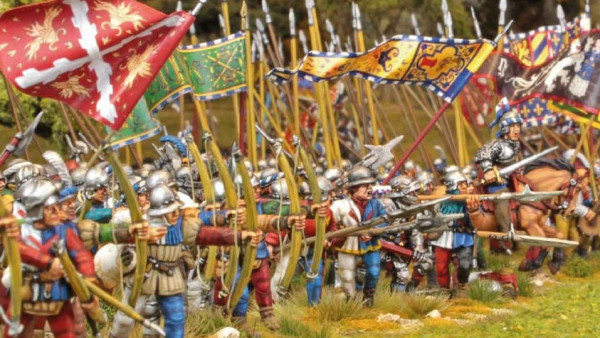
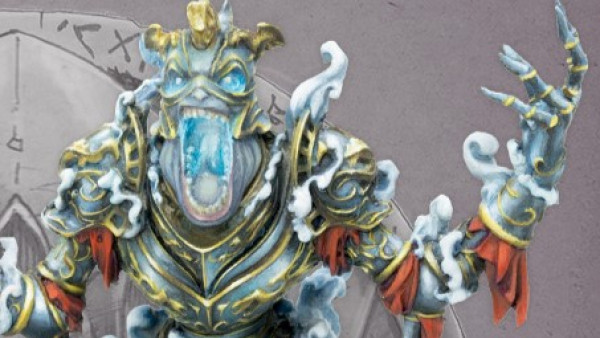
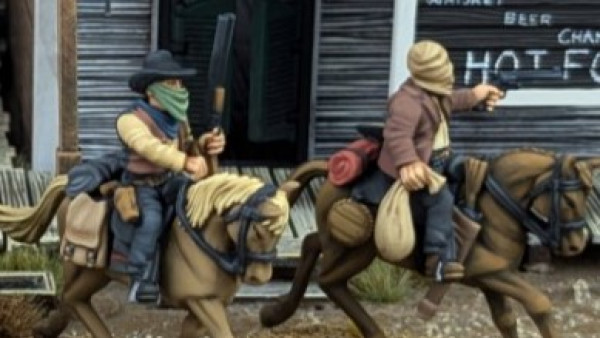


An interesting take on history and seems more focused than 7th Sea. I’m biased on the roll/keep but the TRIPOD might be a good dice engine to try. The traits also sounds intriguing in the same manner of character creation like the “20 Questions to Ask Your Character” in the original. Mechanical mayhem instead of magic; yep, the Ascension War seems to have been won by the Technocracy.
Yeah – I think they’ve done a solid job here making Meccanismo feel unique from a lot of mainline RPGs out there. It’s certainly an intriguing system!
Different type game to play.
So this is Pasquale’s Angel the rpg. I’m on board for that 🙂
I had to look that up but yes – pretty close!
Why does everything have to be called punk? I can’t wait until someone does a 1970’s alternative rock RPG called punkpunk. There you go. An XLBS question